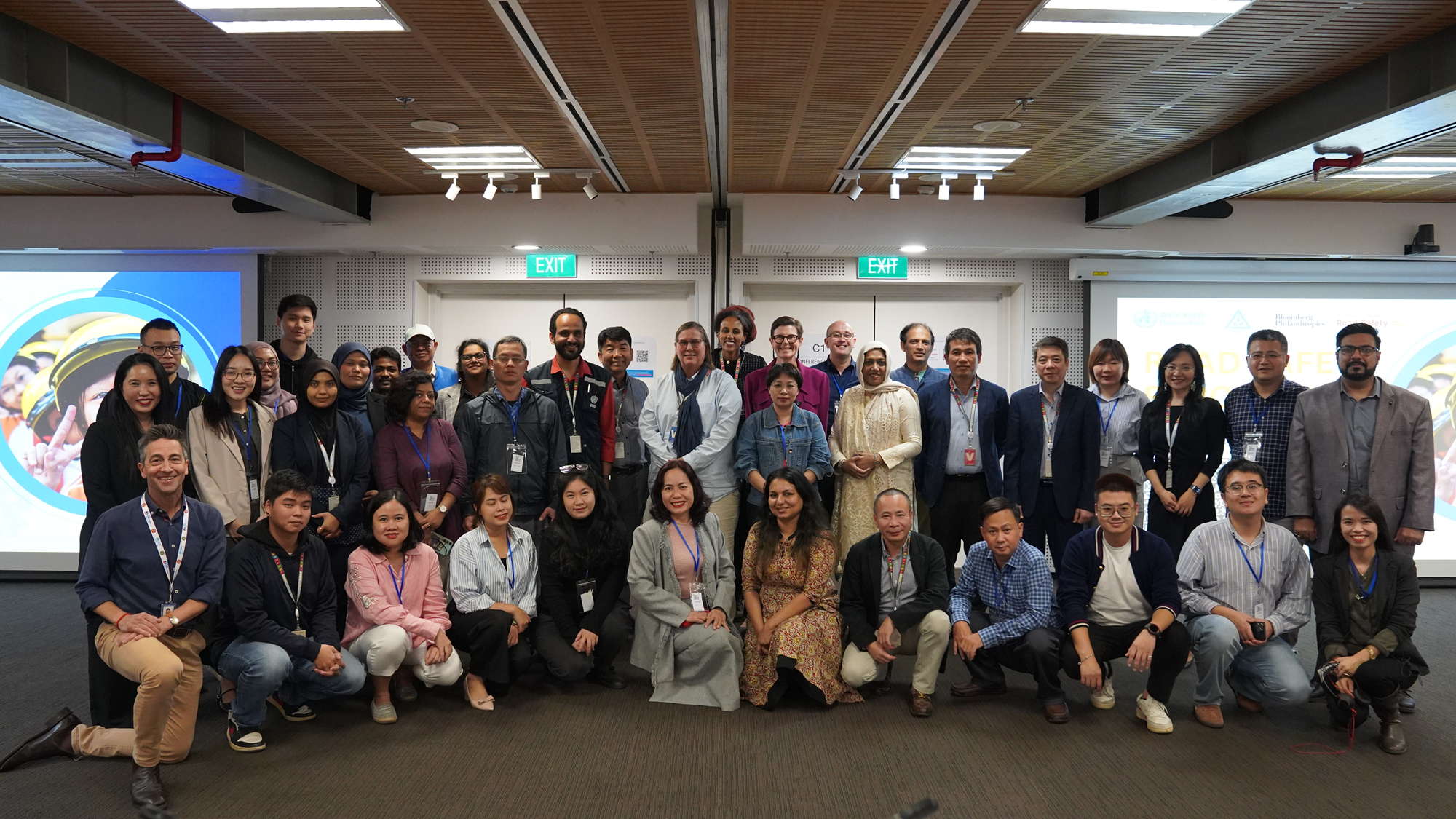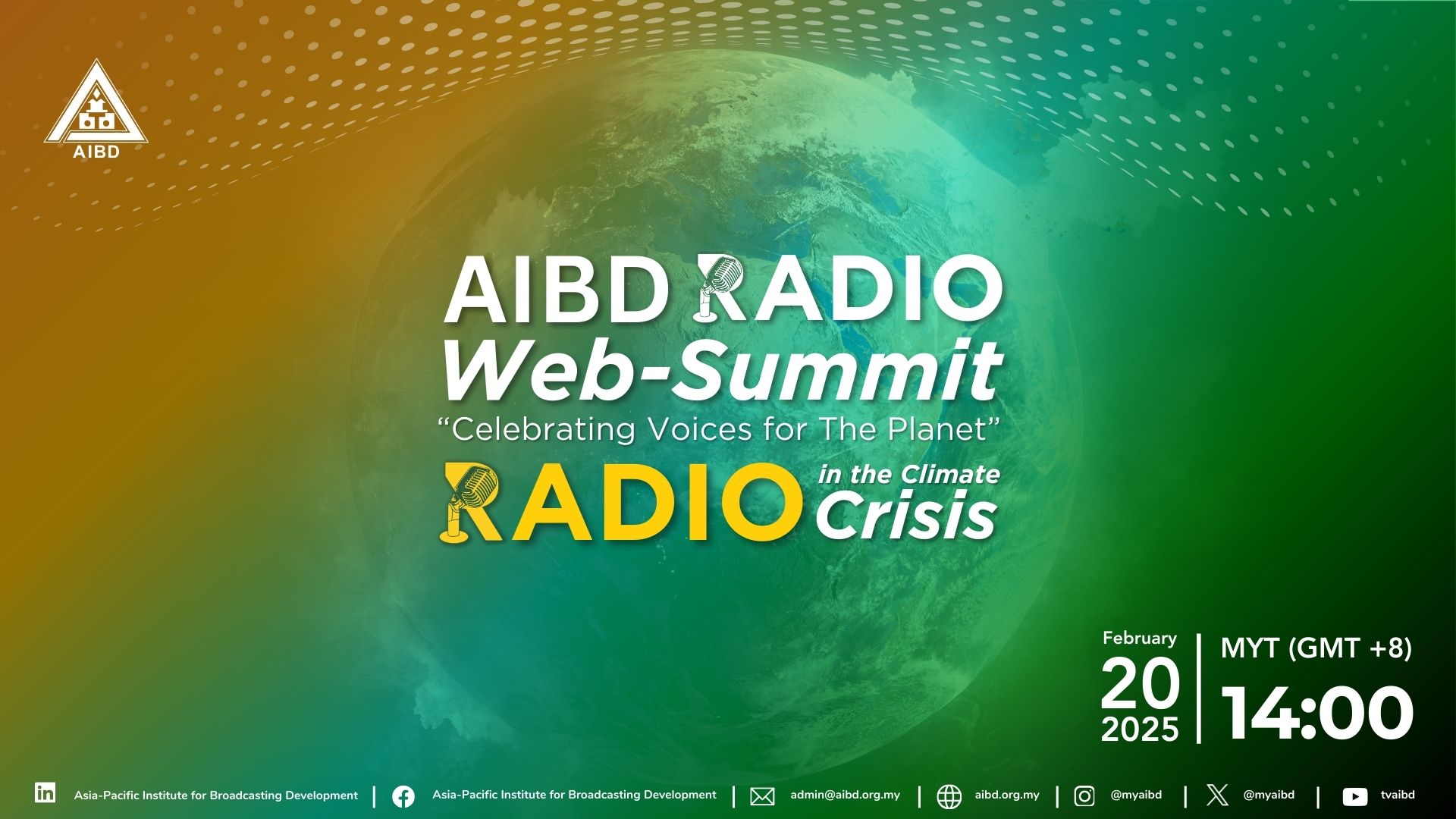IPPTAR/AIBD Regional Workshop on Media Literacy
The Regional Workshop on Media Literacy was jointly organised by the Tun Abdul Razak Broadcasting and Information Institute (IPPTAR) and AIBD from 1-3 December in Kuala Lumpur, Malaysia. The workshop brought 14 participants, including producers, editors and managers involved in content production, from broadcast organisations in Cambodia, Indonesia, Laos, Malaysia, Thailand and Vietnam.
The Regional Workshop on Media Literacy was jointly organised by the Tun Abdul Razak Broadcasting and Information Institute (IPPTAR) and AIBD from 1-3 December in Kuala Lumpur, Malaysia. The workshop brought 14 participants, including producers, editors and managers involved in content production, from broadcast organisations in Cambodia, Indonesia, Laos, Malaysia, Thailand and Vietnam.
The workshop aimed to raise and foster the level of media literacy among key stakeholders of the broadcast industry. As modern audiences are bombarded with media messages from various platforms, there is a need for broadcasters to understand their role in being able to boost the ability of their audience to critically assess, analyze and engage such content through media literacy.
The consultants for the workshop were Mr. Jose G. Maria Carlos, Lecturer on Broadcasting and Public Relations at University of Santo Tomas, Philippines; and Mr. Anothai Udomsilp, Director of Academic Institute of Public Media, Thai Public Broadcasting Service, Thailand.
During the workshop, participants were told in detail about the need for media literacy among different stakeholders, and what the core concepts of media literacy are. To better understand the participant knowledge level concerning this topic, they were asked to complete the ‘UNESCO Questionnaire on Media Literacy among user-generated content producers’ and the consultants tabulated the final results.
Participants were then split into groups, each tasked to come up with their own media literacy initiative. These initiatives were then presented to the consultants for their feedback with the expectation that the lessons can be carried forward in their own organizations.










